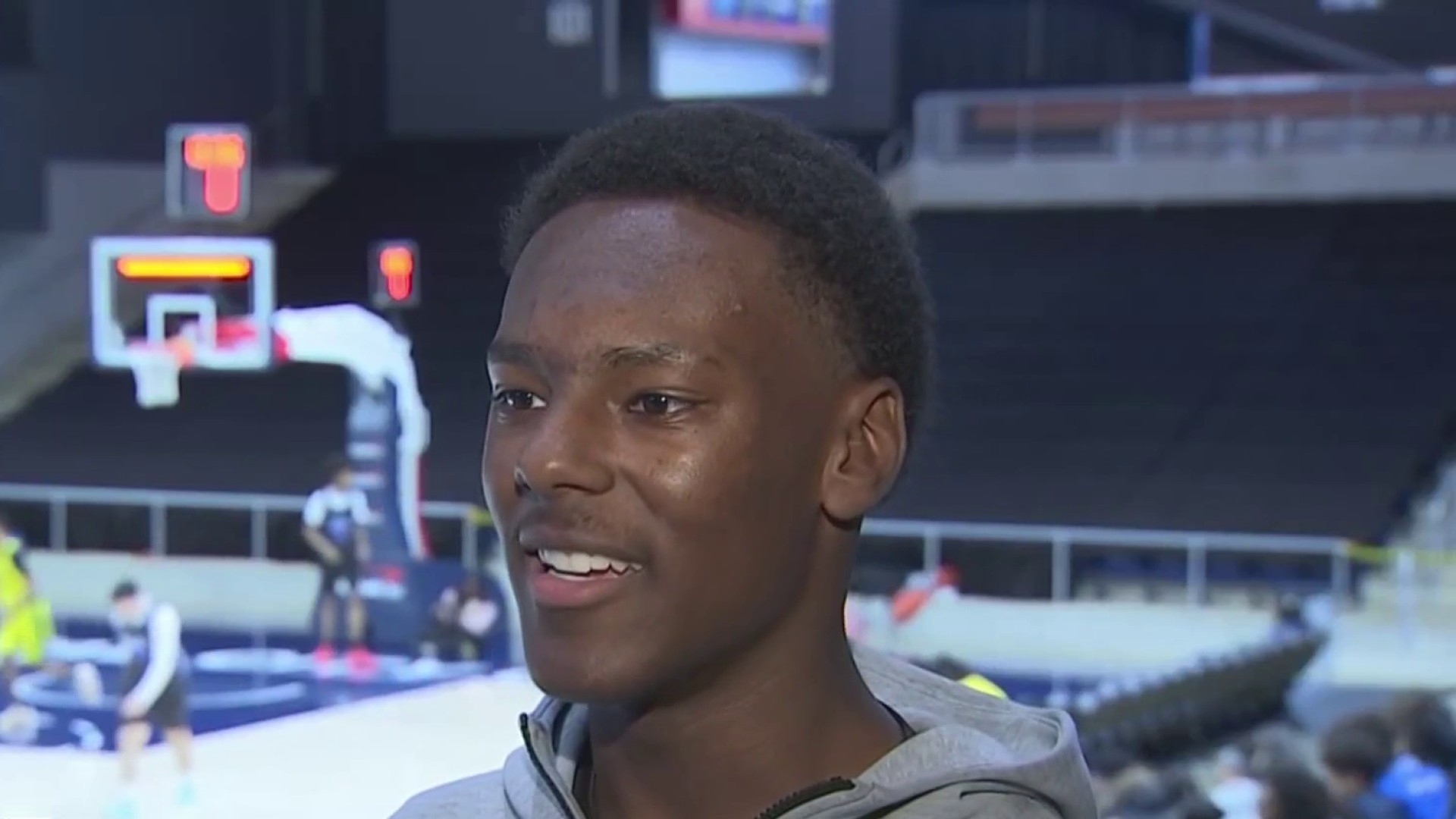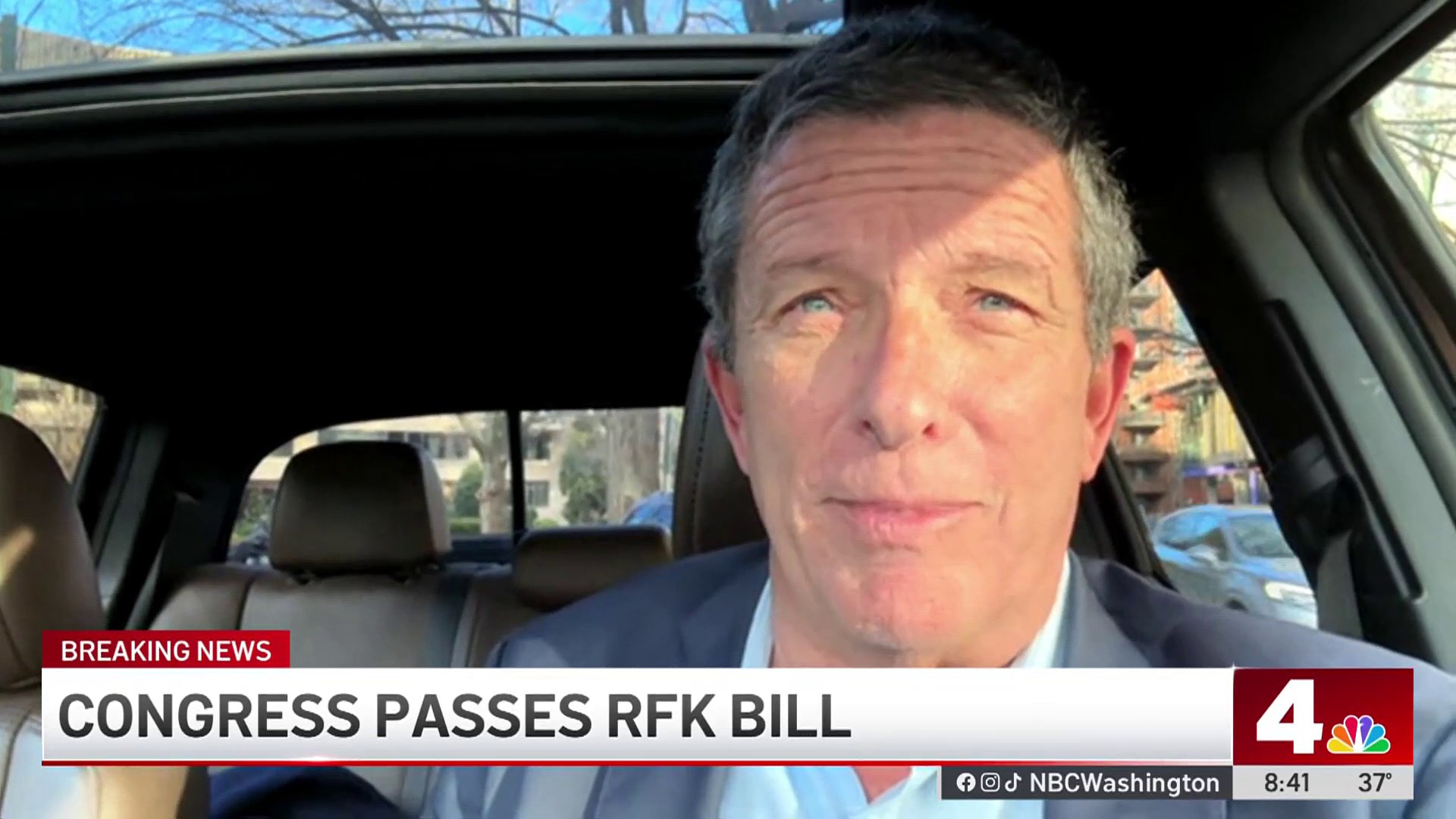“It is one of the happy incidents of the federal system that a single courageous state may, if its citizens choose, serve as a laboratory; and try novel social and economic experiments without risk to the rest of the country.”
That’s what Supreme Court Justice Louis Brandeis wrote in a 1932 dissent. The District of Columbia is not a state, but it has been a laboratory for experiments in governance and policy, even if its residents don’t always like it.
D.C. has a greater level of autonomy now than it has had at any point in its history, but only at the pleasure of Congress. It was less than a decade ago that the federal Financial Control Board suspended its oversight, and Congress can curtail D.C.’s self-governance at any time.
It is hard to predict the future of education anywhere in the United States, but it is even harder to guess what will happen here. When Republicans are in power, D.C. is a laboratory for taxpayer-funded vouchers. When Democrats are in charge, teacher pay and funding issues are at the forefront.
In as much as D.C. can control its own fate, however, positive change is on the horizon for the public schools, without or without Michelle Rhee.
D.C. was recently awarded $75 million from the federal Race to the Top program, which will go to improve science programs, individual student progress tracking, and better teacher recruitment and training. (D.C.’s achievement in obtaining the funding is all the more impressive given that only states, not districts, were eligible. The D.C. “Office of the State Superintendent of Education” and “State Board of Education” may sound a bit odd, but the names paid off.)
And while incoming mayor Vincent Gray has kept mum about his plans for school system leadership, he was the D.C. Council’s leading voice for early childhood education, and worked to expand pre-K opportunities in both traditional public schools and charter schools.
Local
Washington, D.C., Maryland and Virginia local news, events and information
Charter schools are likely to survive and thrive no matter who is mayor or who holds the gavel in Congress. Nearly 28,000 D.C. students -- 38 percent of the total -- now attend public charter schools, a larger share than any other major city except for New Orleans. While they are often lumped together with voucher programs in the national debate, charters are less controversial since they are under government oversight.
In D.C., charter schools have reduced the racial achievement gap, reduced student-teacher ratios, and offered a college track for students who otherwise might not have had one. The members of the D.C. Public Charter School Board are recommended by the federal education secretary and appointed by the mayor, meaning that, for once, the federal and city governments are actually working together.
The incoming mayor arguably has more freedom to innovate in education than any mayor in the District’s history. The 2007 D.C. education reform law gave the mayor control over the schools, and created the “state”-level infrastructure needed to see ideas for change through to completion. Under Mayor Gray, we can expect a focus on early childhood education and continued support for charter schools.
Education reform will continue in D.C., though what form it will take depends on the next administration and the next generation of leadership -- and on whether Congress will stay out of the way.
Tell us about a program you participate in or want to start up that needs funding, a program that will have a big impact on the level of education your school provides. The most innovative, game-changing idea will be awarded $5,000. Click here to learn more.



